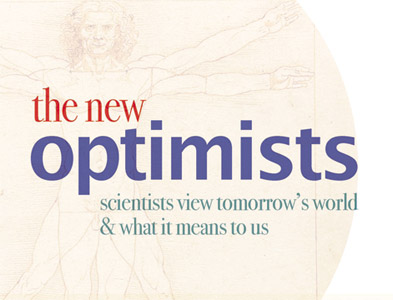The public rarely has the opportunity to visit a working laboratory. Yet what goes on in our labs and research groups will help shape the future of us all. The public engagement of science — i.e. non-scientists, ordinary men and women knowing what goes on in our labs and universities helps us all understand the societal implications of research.
This is a form of democratic empowerment, says Dr Anthony Hilton, where the agenda is in the hands of the non-expert.
 Dr Hilton is a Reader in Microbiology at Aston University undertaking world-class research. He’s also heavily committed to the public engagement of science. He’s taken his professional life into our living rooms through the BBC series Grime Scene Investigation and the One Show. In 2009, he received the Society for Applied Microbiology Communication Award, and the Aston Excellence Award for his contribution to community engagement. (For an example, see Aston University’s Microbiology Roadshow.)
Dr Hilton is a Reader in Microbiology at Aston University undertaking world-class research. He’s also heavily committed to the public engagement of science. He’s taken his professional life into our living rooms through the BBC series Grime Scene Investigation and the One Show. In 2009, he received the Society for Applied Microbiology Communication Award, and the Aston Excellence Award for his contribution to community engagement. (For an example, see Aston University’s Microbiology Roadshow.)
His current research group is working on projects including the molecular epidemiology of hospital and community MRSA, phenotypic and genotypic characterisation of Clostridium difficile, the role of flying insects in the spread of hospital-associated pathogens and Salmonella carriage in companion animals.
Anthony Hilton is on Facebook.









